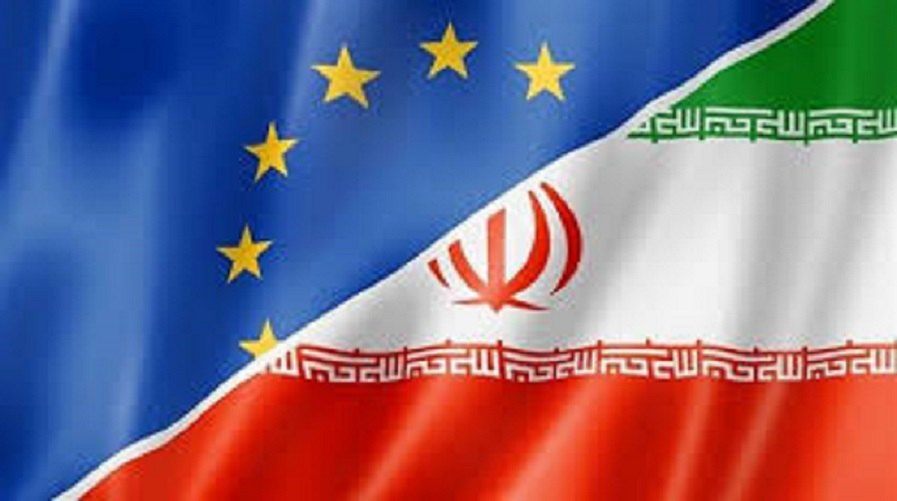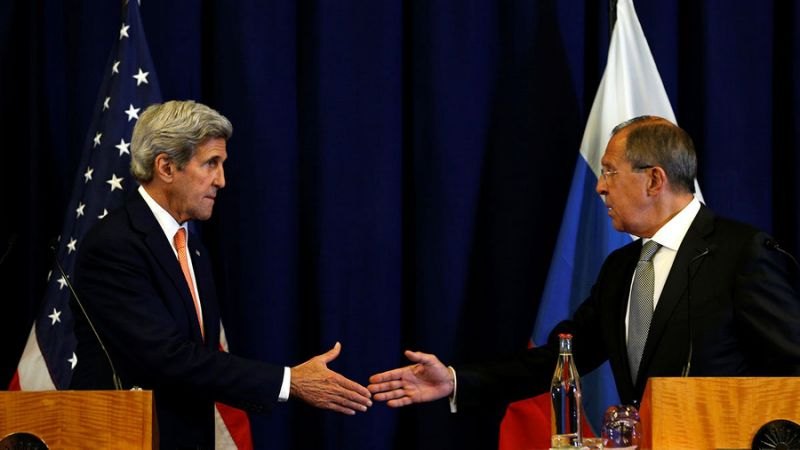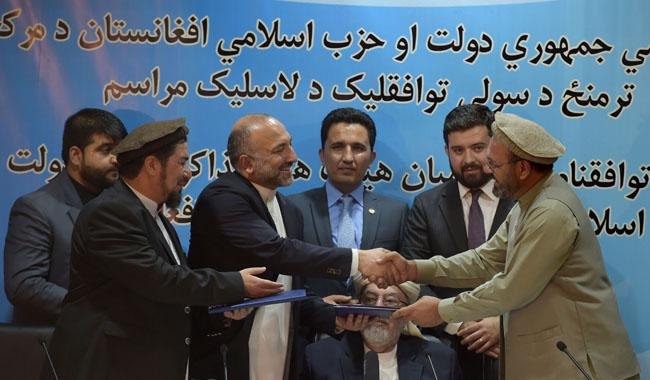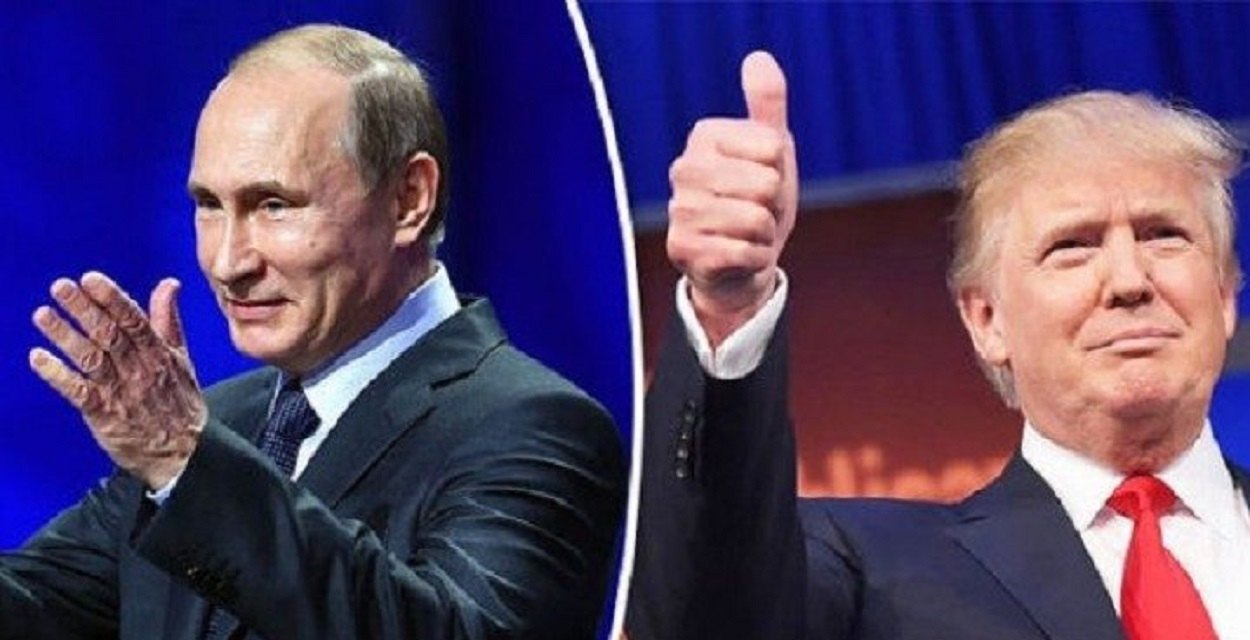Analyst and Statecraft: Principles and Rules

Mehdy Mirmohammady
Abstract
Statecraft is a function expected from officials in the political system, which means handling the society’s affairs in the political, sociocultural, economic, environmental, and defense fields. Statecraft is done through policy-making process based on decisions made by policy makers. The efficiency of administrative officials in proper policy-making and decision making, requires timely and objective understanding of the internal and external environment. According to an intersubjective principle, the more the uncertainty in policymakers’ perception of the environment, the higher the possibility of facing problems such as chance-based decision-making (or blind decisions), lack of decision-making, or belated decisions in statecraft. Uncertainty has an inverse relation with the extent of officials’ credible understanding of the environment and its developments, meaning that a greater extent of credible understanding leads to a lower level of uncertainty and a more limited understanding leads to more uncertainty[۱].
The preponderance of uncertainty should be regarded as the most important issue and challenge in statecraft. Human experience shows that political systems need to address this challenge to be able to govern the country efficiently, provide national security and promote national interests. That is why specific mechanisms have been gradually developed in societies to tackle uncertainty, which can be mainly divided into governmental and non-governmental mechanisms. Governmental mechanisms include intelligence agencies, diplomatic missions, research centers or state-run polling centers, whose goals are to produce an understanding of the realities in the internal and external environment for policymakers. Non-governmental mechanisms include mass media, universities, think tanks, and private and party research centers. The second category of mechanisms, particularly in democratic societies, seek to produce understanding and promote it among civil actors and state actors to contribute to more effective public policy.
Producing knowledge in these mechanisms are based on three functions: “collection of data”, “interpretation of the hidden meaning in data, and “prescription of solutions”. Development of these mechanisms in the 20th century have led to a gradual emergence of a special profession called “analysis”. Analysts are educated and white-collar employees in the government or private sector who usually hold university degrees or have an administrative/executive experience combined with university skills. The responsibilities expected from analysts are to produce data from the surrounding of government and representation of the hidden meaning in data through describing and explaining the surroundings and predicting conditions in the near or distant future.
If we regard timely, credible, and proper understanding of the world around us as an essential factor to effective governance, analysts, as actors who produce knowledge, are considered a strategic group in safeguarding the security and national interests of nations. The strategic role of analysts is based on their potential to influence national decisions at both arenas of state and civil issues. That is why the link between “policymakers” or “actors influencing national policies” and “analysts” plays a considerable role in the effectiveness of governance. Policymakers are customers of analysts, and if analysts are not able to establish the right connection with them, their cognitive products will have no impact on the governance process even if they are of high quality.
Types of Analysts
Based on the type of customers, analysts can be divided into the following four groups:
- State analysts: This type of experts work in the government’s political institutions such as the Foreign Ministry, the Interior Ministry, or intelligence agencies whose focus is on cognitive support of officials and state actors in the policy-making In other words, their main and exclusive customers are state policymakers and their objective is to help officials to take wiser decisions[۲].
- Media or press analysts: The public are the customers of this type of experts and they play a very important and prominent role in democratic societies. The objective of these analysts is to provide cognitive support for voters and civil actors to promote wisdom among people and make their choices and political actions effective by correcting their social actions. The role of this type of analysts have greatly increased in recent decades and today, with the emergence of the cyberspace, not only they influence public opinion but also administrative officials refer to them. So, we can argue that they even influence policymakers’ decisions and perceptions more than state analysts in some issues[۳].
- University analysts: The main customers of this type of analysts, who work as university professors or researchers, are students or their university colleagues. However, in most societies, the media represent the understanding produced by this type of analysts as well and increase the scope of their customers and audience. Sometimes state institutions use the potential of university analysts in some issues to strengthen and complement the view of professional state analysts. This trend has grown fast, particularly since the second half of the 20th century and has led to an increased presence of university analysts in state institutions, both as advisors and administrative officials[۴].
- Analysts working at independent, partisan, or semi-official think tanks: Think tanks play the role of civil or semi-civil cognitive actors with intellectual nature. The customers of this type of analysts are a combination of middle-class scientific elites, university elites with political connections, official analysts, and administrative officials. The more independent a think tank, the greater the scope of their customers would be. But think tanks with partisan manner, would have influence only on elites who agree with them. In terms of the duration of influence on administrative officials, independent think tanks, at least on paper, have a greater chance to influence policies. But partisan think tanks will only be able to impact policies during periods in which their like-minded people are in power. Semi-official think tanks are also institutions that are established by people affiliated with the government with the aim of using non-governmental analysts (university, media, and think tank analysts) to complement and increase the analysis potential required by the government.
Since the raison d’être of analysts is to influence policies and the most important indicator of their success or failure is the number and frequency of their meetings with administrative officials or the use of their cognitive products in decision-making units, the main question is how an analyst (be it an individual or an organization) can increase the effectiveness of its products in policy-making. In other words, what are the principles and rules of professional analysis? The next part of the article is dedicated to explain the professional rules and principles of analysis in short.
Principles and Norms of Producing a Professional Analysis
-
Independence and impartiality in producing data and describing the existing situation
The first principle in producing a good analysis is not to let personal and social values affect the process of collecting data and describing the situation on the ground. Since the goal of an analyst is to reduce the uncertainty prevailing in the surroundings for policymakers, any deviation in representing the reality in the external surrounding contradict this inherent mission. Therefore, the first professional factor in training and hiring analysts is their ability to put aside their personal or social inclinations in the professional process of producing knowledge. This principle is fundamentally important, particularly in recruiting the government’s official analysts and analysts for independent think tanks.
-
Understanding and full awareness of the country’s national interests
Analysts seek to further secure the country’s national interests through producing an understanding. Undoubtedly, their success in this field requires that they be fully aware of their country’s national interests. If an analyst is not aware of the country’s national interests, he or she would not be able to provide a correct assessment of threats and the political system’s vulnerabilities and would not be able to even identify and present opportunities for governance. The mismatch between the produced analysis and national interests not only reduces the applicability of analysis in the policy-making process but also could lead to the formation of a negative view about analyst in the minds of policy-making institutions. Based on this principle, great weight should be attributed to analysts’ organized knowledge of national interests and the respective country’s national security framework while employing and training them.
-
Paying attention to the respective country’s norms and values when providing prescriptions and advice
Just as impartiality and independence in describing the current situation and interpreting the meaning of developments in the surroundings are necessary for a good assessment, adherence to norms in providing political prescriptions and advice is necessary for an analytical product to be able to impact policies. Since analysis is meant to strengthen politics, knowledge reproduces a country’s national power if it is based on belief in national norms and values, according to the power-knowledge concept coined by French philosopher Michel Foucault. Lack of attention to this principle is one of the most important shortcomings of analysts (particularly university analysts) in policymakers’ opinion. Many policymakers complain that some analysts ignore their country’s framework of values and norms under the pretext of impartiality. For instance, assume that an American analyst who analyses Iran’s social issues at the White House and an Iranian social affairs analyst at Iran’s Center for Strategic Studies simultaneously study the generation gap in Iranian society. Undoubtedly, both analysts will collect data and describe the situation and even analyse and interpret the existing conditions without taking values into consideration. But the American analyst is expected to act based on the values and interests of the U.S. political system when providing prescriptions and advice to American officials, and the Iranian analyst is expected to provide solutions for social and generation-related issues within the framework of the IRI general policies and help strengthen the country’s interests and values.
-
writing skills and avoiding lengthy texts
Being a politician and having an administrative job at any level is a time killer. We could probably describe a politician as a person struggling with lack of time who has to be accountable to a large number of people and institutions, respond to verbal and written requests, handle day-to-day affairs, manage the staff, attend different meetings, and, most importantly, take firm and timely decisions. Such a person does not have enough time to read lengthy analyses and even medium-length articles, no matter he or she is a president or a local governor. Although there are no clear criteria for the length of a strategic policy paper, but the more concise, transparent, and well-grounded an analysis is, the higher the chance of it being read by policymakers. Many analysts adjust the volume of the product to the position of the administrative official: the lower the position of the official, the greater the volume of the analysis. However, it seems this criterion is based on the misconception held by analysts living in the capitals about the volume of daily tasks of local officials. Modern human experiences show that there is no difference between a senior official such as a minister and a person holding a lower position such as local governor in terms of lack of time. Even in some cases, the lower the position of the administrative official, the less free time he or she has to read reports. One practical suggestion to increase the chance of reports being read is that analysts make efforts to submit their reports with a executive summary ranging from 300 to 900 words. Anyway, the precondition for mastering this principle is to strengthen concise writing skills in analysis training courses.
-
Policy-based or problem-based nature of analyses
Since the purpose of an analysis is to help solve policy-related problems, analysts and institutions producing strategic analyses should prepare their reports according to the needs and issues of those in charge of governing the country. This principle, which revolves around customer satisfaction, increases the chance of being read and influencing policymakers. It seems clear that identifying issues under decision require a proper relationship between those who produce analyses and policy-making bodies because it gives them an understanding of policy-related needs. Another way to understand the needs is through analysts’ full awareness of the country’s national security and interests, which pave the way for them to identify policy-related needs. State analysts are in the best position in this regard because of the close link between their organizations and policy-making bodies. Semi-official think tanks which are linked with a government body take the second position in this respect. Party think tanks also enjoy the privilege to identify the needs of policymakers when their like-minded people are in power.
-
Analyses based on method
The final principle is the result of policymakers becoming more experienced and their access to rival analyses on the same topic. On the one hand, globalization and expansion of cyberspace have ended the monopoly of state analysts and semi-official and party think tanks over access to policymakers, and, on the other hand, social media have made it possible for policymakers to access different analyses. This situation allows policymakers to compare analyses and choose from them. In other words, customers today are not tied-handed audience who have no choice but to accept our analyses. Under these circumstances, the methodical nature of a report, in addition to other factors, can give the analyst a relative advantage. That is why in the past decade, state bodies and think tanks have increasingly focused on analysts’ methodical ability to analyze data, especially to submit methodical solutions, in the process of educating and recruiting them.
Conclusion
In the world of policy-making, there is a constant competition between analysts to influence policies, and, on the other hand, there is a permanent battle between policymakers and analysts, in which policymakers try to shield the castle of their minds against the cognitive invasion of analysts. Policymakers, particularly in recent decades, have mainly sought to collect data and describe the situation in a good manner and have reserved the right to interpretation. Policymakers are more open to prescriptions and advice but still reserve the right to have the final choice. Under these circumstances, winning the policymaker’s trust in the analysis is the most important factor for influence, which seems possible by observing the six mentioned principles.
However, the difficulty of influencing policies and policymakers’ resistance to submitted analyses may drive analysts toward wrong procedures aimed at exercising influence on policies. Such mistakes usually take place within the general framework of politicization. Politicized manner may result in a close link between the analyst and policies in the short term but, in the medium and long run, erodes the policy-making community’s trust in the analyst. For instance, the analyst may begin to present an understanding pleasant to the customer in order to win the policymaker’s trust. A “pleasant” understanding can be offered through ignoring data or developments in the surroundings that conflict with the views of the customer in the process of describing the existing situation or by offering a distorted interpretation of hidden meanings in data and developments. Experience of recent decades show that politicization and biased thinking, especially among state politicians and independent or semi-official think tanks, is the most important reason behind policy-making institutions’ long-term resistance to analyses and can never guarantee that an analyst would be able to influence the policymaker. This anomaly is very prevalent, particularly among Iranian analysts, in such a way that we cannot name many professional analyses and analysts (who act independently in the process of describing, interpreting, and explaining and adhere to norms when offering prescriptions). So, it is recommended that the country’s university institutions and semi-official and independent think tanks take steps to educate a new, professional generation of analysts by holding analysis training workshops.
[۱] – Since feeling uncertainty needs a little understanding of the surroundings, sometimes absolute ignorance of the surroundings reduces the feeling of uncertainty perceived by the policymaker. However, in this article we assume that officials in the political system always have a minimum understanding of the complex nature of the surroundings so the principle of certainty resulting from ignorance does not apply to them.
[۲] – The long telegram sent by George Kennan as a diplomat in the US Embassy in the Soviet Union, which formed the basis of America’s foreign policy during the Cold War, is a clear example of the role of state analysts in governance.
[۳] – The impact of editorials in world’s leading newspapers on countries’ foreign and domestic policies as well as the impact of a virtual action such as a tweet on decisions of countries’ senior officials reflect this reality.
[۴] – The role of prominent university figures as government advisors such as Hamid Mowlana in the administration of former president Mahmoud Ahmadinejad or Mahmoud Sariolghalam in the administration of President Hassan Rouhani is an example of this.





